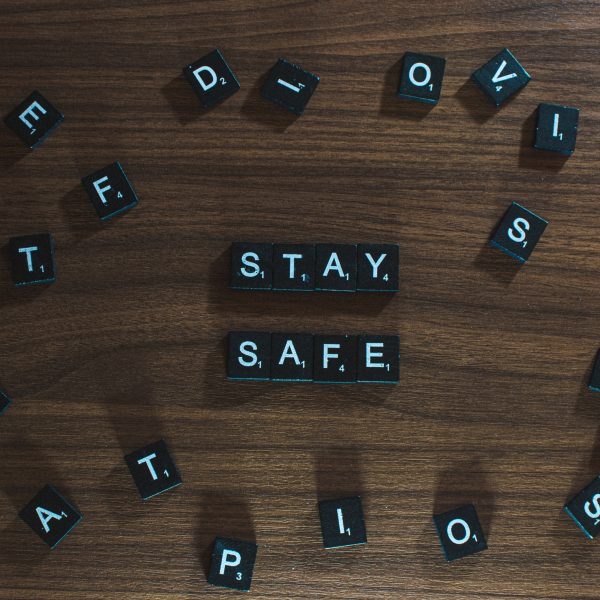No longer essential – change in Queensland border rules impacts ECTs and educators

Early childhood education and care (ECEC) educators, along with early childhood teachers (ECTs) have been impacted by recent changes in relation to some parts of the border zone between New South Wales and Queensland.
Queensland recently announced a cull to the list of workers deemed essential, and therefore allowed to cross the border, as both states seek to manage the outbreak of COVID-19. The direction covers people who have been in the Ballina, Byron, Lismore, Richmond Valley, Walgett, Bourke and Brewarrina Shires, but does not apply to those in the Tweed Shire.
The affected local government areas (LGAs) are currently in lockdown, however those considered essential workers are able to leave and cross into Queensland for essential work.
Those who are still allowed to enter Queensland to work include medical practitioners, emergency services workers, defence, air crew, police, freight, logistics and critical infrastructure workers.
Teachers – including ECTs, ECEC educators – sales reps, hospitality workers, and commercial construction workers involved in non-essential projects are no longer permitted to enter the state. The changing of the definition of an essential worker follows a phone call between Premier Anastacia Palaszczuk and mayors in border communities last Thursday.
Queensland Health now deems essential work as work that is urgently required for:
- for safety reasons
- for emergency repairs
- that is necessary to maintain essential services and supplies to the community, or part of the community.
It includes work performed by:
- a medical practitioner or other prescribed health practitioner (including at residential aged care facilities, disability accommodation services and aged care or NDIS supports provided to a person’s home)
- an emergency health services or emergency services worker
- national defence, state security or police worker
- a freight or logistics operator
- an emergency infrastructure worker
- air crew or maritime crew
- an emergency volunteer
- a disaster management worker
- a critical infrastructure worker
- a tradesperson or construction worker for essential or emergency construction or repairs only
- an emergency volunteer, volunteering for any community or government welfare, social, safety, emergency or disaster service.
Essential workers do not include:
- teachers
- anyone who can perform their work remotely, at home
- childcare workers
- hospitality workers
- sales representatives
- commercial construction workers on non-critical projects.
For further information, please see here.
Popular

Events News
Workforce
Marketplace
Practice
Quality
Provider
Research
An exclusive “Fireside Chat” with ECEC Champion Myra Geddes
2025-07-01 11:25:05
by Fiona Alston

Workforce
Policy
Quality
Practice
Provider
Research
ECEC must change now, our children can’t wait for another inquiry
2025-07-02 07:47:14
by Fiona Alston

Quality
Practice
Provider
Workforce
Child left in storeroom at Sydney centre sparks concerns over supervision and trauma support
2025-06-30 09:09:58
by Fiona Alston













